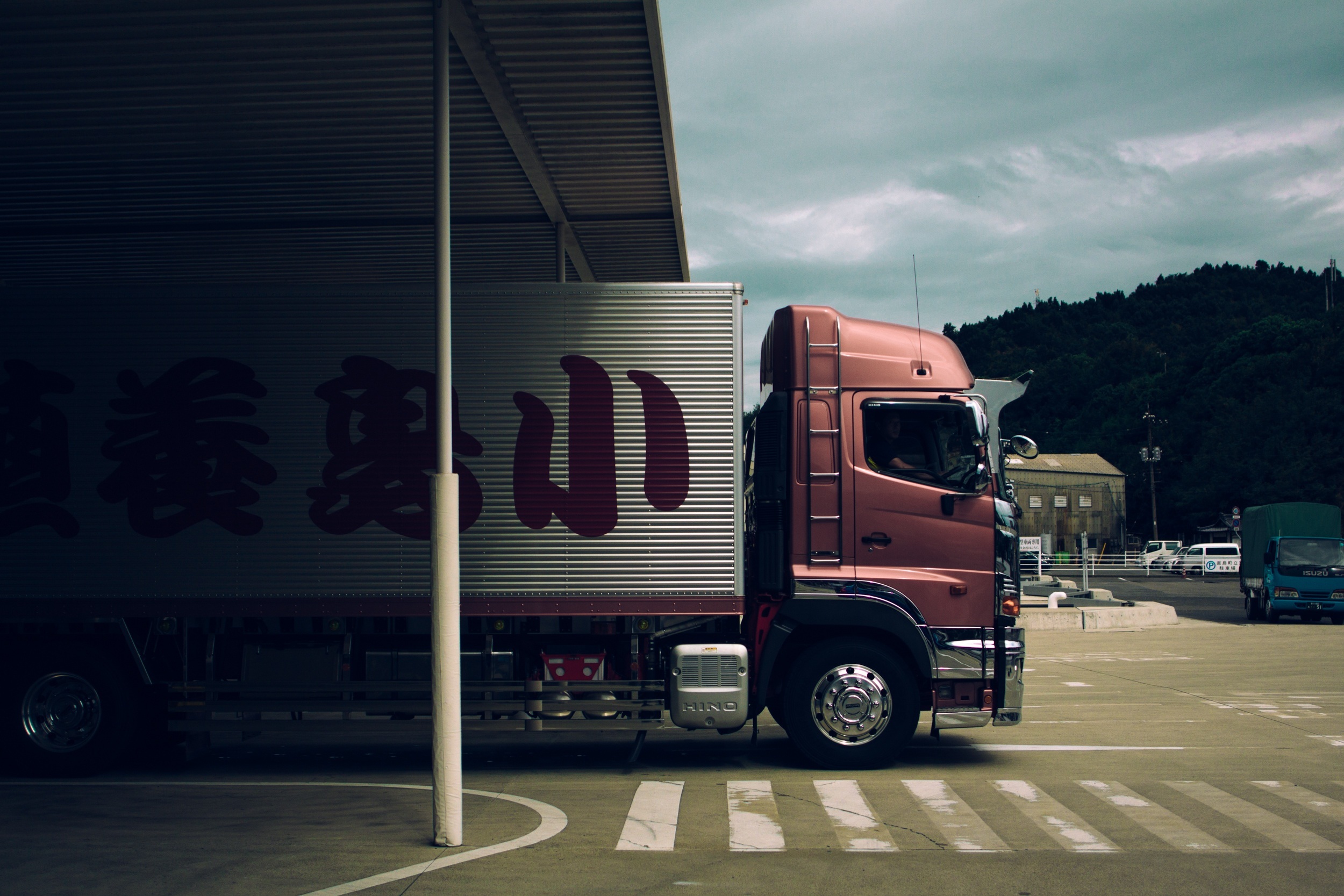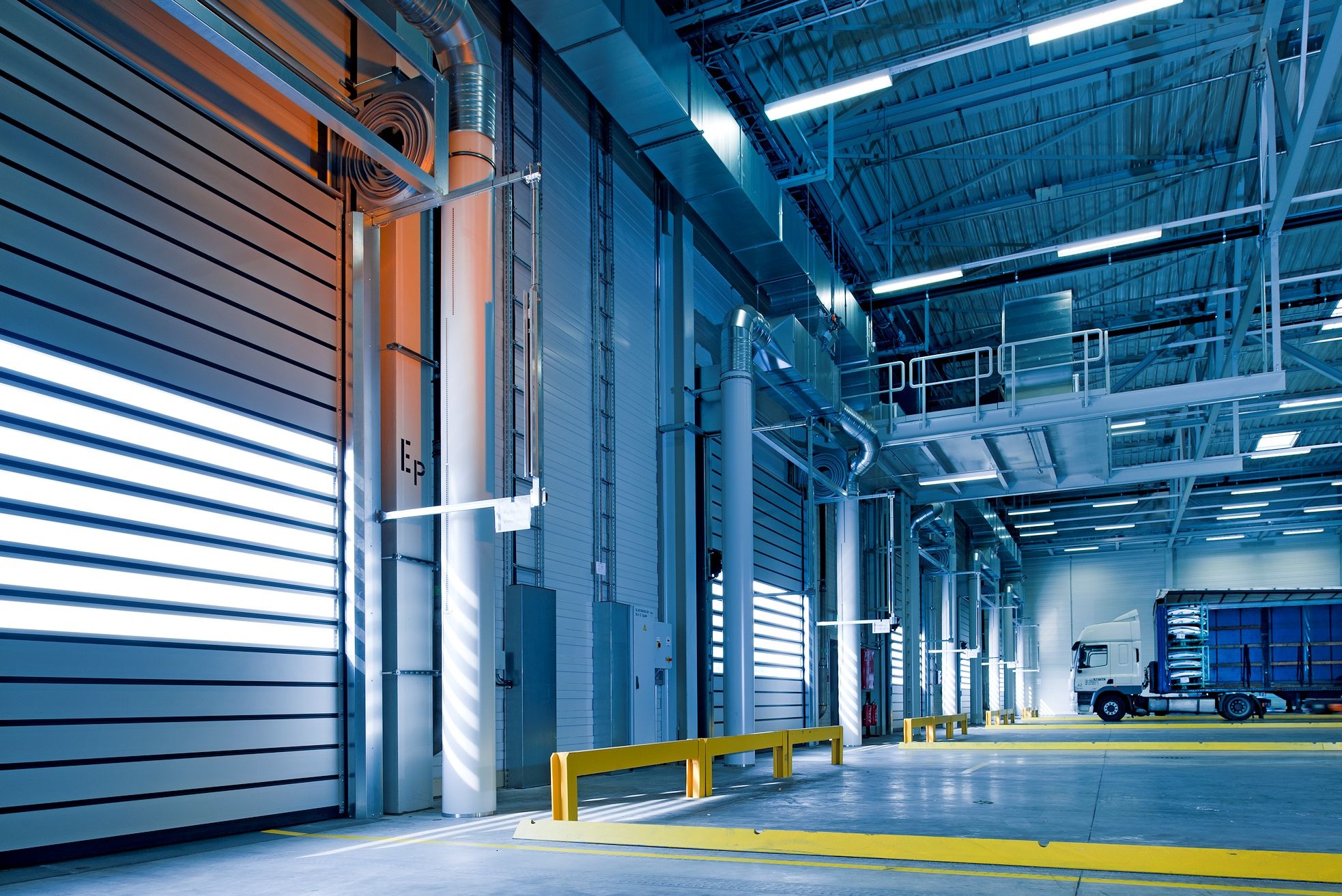COVID-19 has inevitably made an impact on e-commerce in the past weeks that isolation and physical distancing measures have been implemented. The global pandemic shutters brick-and-mortar operations then induces hundreds of companies to function online. Logistics services suppliers are no exception. While in-person transactions pose a risk of infection, the logistics industry allows shipments to occur as usual through services over both internet and physical platforms. Logistics firms also take appropriate measures to reduce risks to the smallest possible degree.
Logistics specialists state that in the event of delayed freight due to COVID-19, the requisite job of business-to-business (B2B) partners is to maintain the operation of storehouses and distribution channels.
According to Chris Cochran, CEO of FreightWise LLC, the current situation is pressurizing suppliers into having their full catalogue online. FreightWise LLC, a US-based company, provides a SaaS platform that simplifies shipping, billing and invoicing services during transportation. In order to accomplish more shipments in a more productive way, FreightWise LLC is persistently cooperating with online suppliers.
Extra Items Available for Online Orders
Currently, FreightWise is in the process of promoting online procedures. The services and software startup add more items that have unprecedentedly appeared in their online catalogues. For example, the new index includes weighty items and oversized instruments. Transactions of such items are normally conducted through a sales rep. Another focus FreightWise takes into consideration is the online calculation of shipping fee, for which the representative is responsible.
The company works with clients and pays attention to their opinions so as to optimize the progress. They also prioritize enhancing performance and minimizing risks while allocating materials in storehouses.
Due to the escalating number of online orders, sellers have to list all materials that have a weight of over 150 pounds as heavy ones in their lists. Transportation of those materials is typically less-than-truckload (LTL). However, LTL shipping is normally used for the carriage of relatively small freight or when freight does not require the use of a whole trailer. Without a sales rep’s assistance, computing shipping charges can be extremely complicated in such situations. Therefore, suppliers do not list a large number of heavy items in their online catalogue.
Understanding difficulties that suppliers have to go through, FreightWise has set out on a mission to help them offer heavy products to online buyers as well as calculate shipping charges.
Solution for Parcel Shipping Orders
Due to the spread of COVID-19, authorities have forced a lot of citizens to stay at home or isolate themselves. In consequence, various people become unemployed, including warehouse personnel. This causes a lack of human resources in storing buildings.
Suppliers who lose staff during the outbreak of COVID-19 attempt to reduce the complexity of transportation. They can consider using parcel shipping for all of their orders, even though the cost of parcel shipping is ordinarily higher than LTL. Parcel shipping focuses on packages that weigh less than 150 pounds and can be lifted without assistance.
To cut costs and drive profits, suppliers can turn to the combination of LTL and parcel shipping. This is another solution to cope with the impact of the evolving global pandemic.
FreightWise LLC has provided their clients with software that calculate parcel shipping cost to adapt to the urgent need of moving on to this kind of transportation. It is noteworthy that the logistics company primarily concentrates on calculating LTL shipping costs.
Preventing Viral Transmission
Besides optimizing the shipping procedure, sellers also have to reduce the risk of infection. The worrying matter is that the virus causing COVID-19 may survive on surfaces for a few hours or up to several days, depending on specific conditions. A recent study conducted by The New England Journal of Medicine suggests that the virus can persist on copper for up to 4 hours, on cardboard for up to 24 hours, and on plastic and steel for up to 72 hours. This raises concerns about the spread of COVID-19 through touching surfaces as many infected substances can enter storehouses.
In fact, sellers have paid more attention to the personal protection of staff who work in warehouses. Employees who take part in the packaging process have to wear protective clothing, helmets, goggles and face masks. They must also keep a safe distance as specified while working. Storehouses are disinfected following the cleaning and disinfection guidance as well.
According to Cochran, FreightWise has been discussing safety standards in warehouses with clients to prevent the virus from spreading as well as keep performance stable.
To actualize safety standards, FreightWise has set up and disseminated a guidance program on health and safety. In detail, employees will learn how to properly use protective clothing while working in storehouses. The program also involves the recommendation of workplace disinfection and applying hand sanitizers.
Keeping Truck Drivers Employed
The earliest COVID-19 case in China as well as in the world was acknowledged in around November and December 2019. Since then, the global logistics industry has experienced depression. In fact, container volumes carried from China to Los Angeles and Long Beach have decreased by over 30 percent in February compared to the previous period. As a result, freight forwarders organize substantially fewer shipments from China to other markets.
Local governments, manufacturers and logistics services providers have come up with certain measures to solve the problem. However, the media reports that the number of empty and postponed cargo shipments have risen since the outbreak of COVID-19 as well.
The worrying matter is, according to Bobby Napiltonia, CRO of Next Trucking Inc., that a large number of shipments delivered to Los Angeles and Long Beach Port come from China. There are still export shipments from other Asian countries and regions. However, if the situation persists, a lot of truck drivers will become unemployed. NEXT Trucking offers a comprehensive logistics solution that incorporates a freight forwarding marketplace with company drivers and strategic partners to provide suitable services for short distance shipping, over the load (OTR) and transloading.
Connecting Manufacturers and Carriers Online
As Napitolnia stated, in order to solve the lack of work for truck drivers, Next Trucking provides a list of blank loads on its website NextTrucking.com. That means drivers can visit the website, then choose to pick up an empty load and return it to port.
Containers reaching the destination port must come back to the export country, regardless empty or not. However, the current situation has forced lots of businesses to shutter, causing the increasing accumulation of empty containers at the port of destination. This helps truck drivers to find jobs and continue working.
NextTrucking.com provides clients with information such as a list of free truck drivers, volume of loads and specific locations. Moreover, manufacturers can keep up with the condition of their containers in real-time whenever they access the website.
Have Shopify stores? check out the best Shopify Apps to increase sales.



